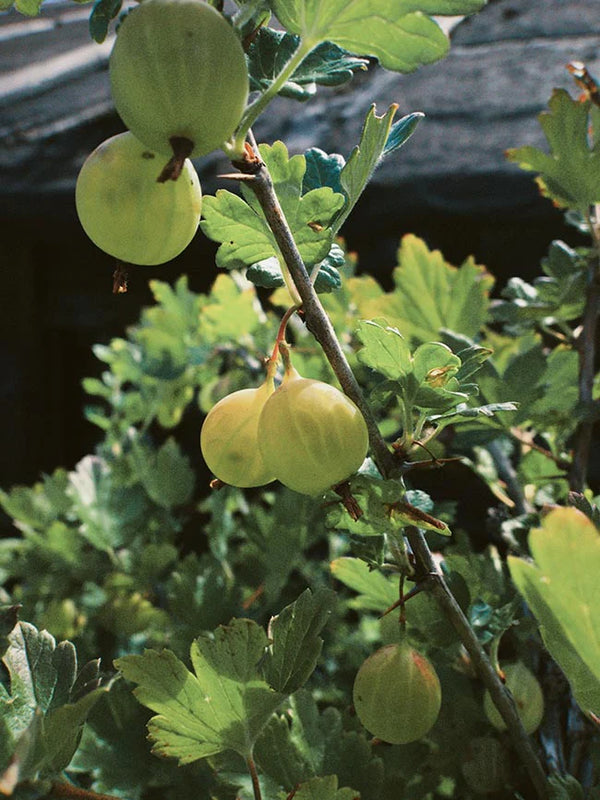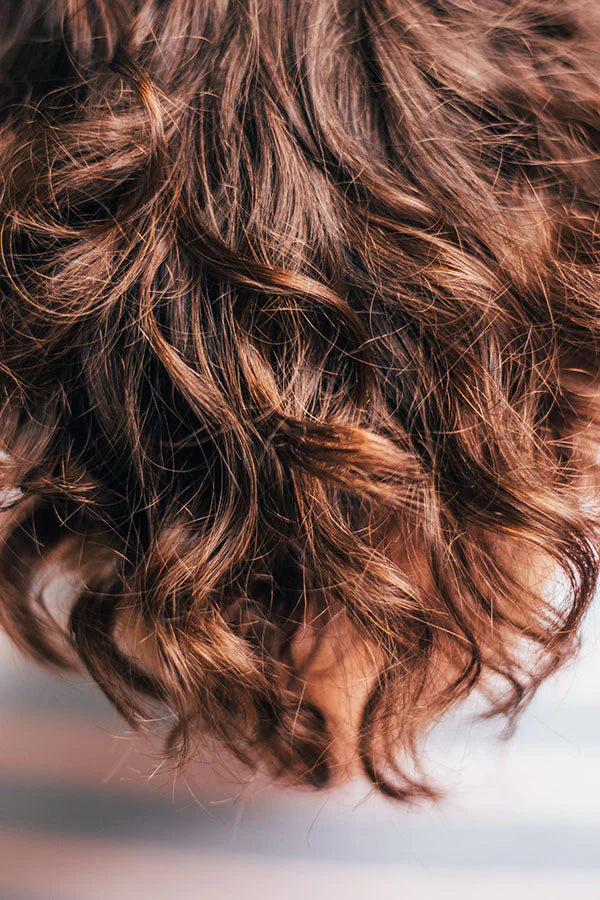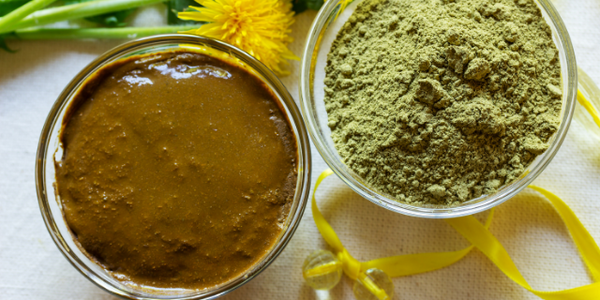Why Henna is the Best Hair dye for Sensitive Scalps

If you have a sensitive scalp, you might think it’s not a good idea to dye your hair, in case it gets worse.
So, you may be surprised to hear that not only can you enjoy colouring your hair, but if you use Henna Hair Dye, it can soothe and settle your scalp.
What counts as a sensitive scalp?
A sensitive scalp is one that is highly reactive and easily becomes out of balance. You may experience:
- Itching
- Dandruff
- Sore patches
- Loss of hair
- Swelling
- Scabbing
- Allergies
- Rapid greasiness
- Flaking
Any of these symptoms could suggest that you might need to avoid synthetic colourants which are often highly irritating.
Why should you avoid synthetic dye?
Synthetic dyes that have a red, or darker colour often include a substance called PPD (Paraphenylenediamine). This is a form of black henna, but it’s highly allergic and is actually banned in the USA, due the rise in very severe reactions.
You’ll know if you’re reactive, as your scalp may start to hurt a few hours after dying your hair (even in a salon) and you may develop patches of contact dermatitis, around the eyes or inner rim of the ears that are sore and scab.
If you have this reaction, it is likely to worsen over time and you are best to avoid colourants with PPD in at all costs.
Bleaches and lightening agents are extremely strong and can lead to burning and soreness in the scalp, and hair damage.
Why Is Henna Better?
Henna (Lawsonia inermis) is a plant-based dye that has been used safely for thousands of years.
There are lots of reasons why Henna is so good for a reactive scalp, not least because it is naturally rich in nutrients that soothe the scalp:
It’s rich in Vitamin E, which helps to add shine
It’s particularly complementary with the hairs own Keratin; the material that builds the bonds between the hair molecules keeping it strong and preventing breakages
It has natural antifungal properties. These protect against dandruff and psoriasis, caused by an overproduction of a natural skin yeast called Malassezia. Henna helps reduce the bacteria, reducing the flaking and itching considerably.
Henna can be used regularly, many users like to use it every couple of weeks or add a treatment like Cassia into their treatment routine, which allows you to treat your hair, leaving it looking far thicker and fuller, without harmful chemicals or further irritation to the scalp.
Over time, as your scalp improves, you will be likely to itch less and feel less inclined to touch or scratch it, which improves the swelling, scabbing and issues.
Why It’s Pure Henna is Safer:
We use completely organic, natural Henna, which has no PPD, peroxide, ammonia, resorcinol or any artificial chemicals. We blend the dyes in the UK using herbs grown on fair trade and organic certified farms in India. The herbs are processed into powders using advanced technologies to deliver incredibly pure, high-quality extracts, free from contaminants.
You could still be allergic to it, in the same way some people are allergic to nuts, so its critical that you do a full patch test before applying to your scalp. If you have any signs of itching or burning, you should not apply Henna.
Read our Henna Hair Colour FAQ’s for more information about colouring your hair with Henna



